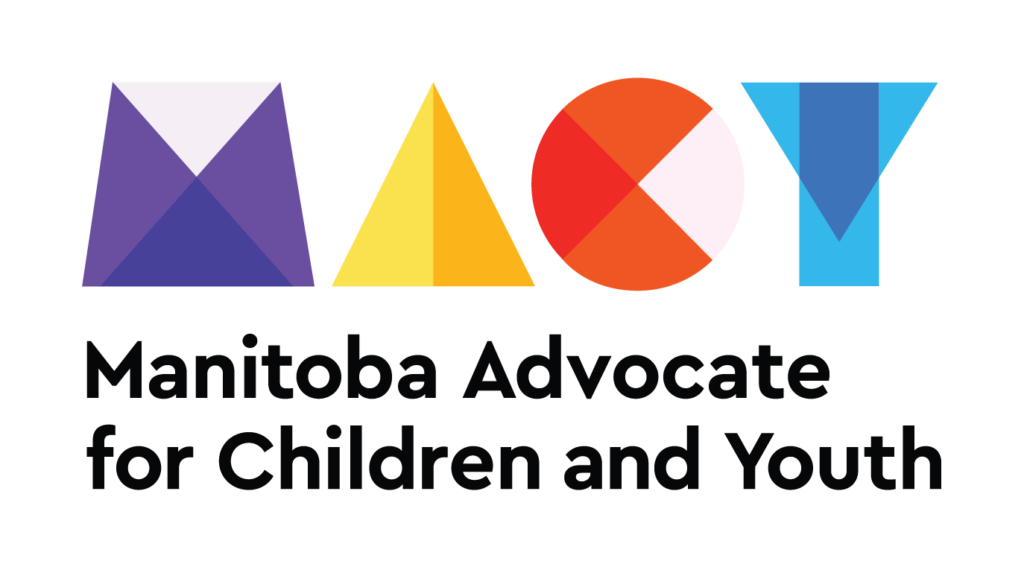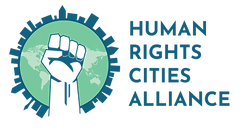Human Rights Hub
The HUB was created to increase awareness about human rights issues in Winnipeg and spark local community engagement. There are hundreds of organizations working in Winnipeg’s human rights sector, and we want to help them spread the word about their events, campaigns, and opportunities
Collaboration
The Centre for Human Rights Research works alongside the Human Rights Hub to share events happening locally about human rights and to build a stronger human rights community.

Association of Human Rights Institutes
The Association of Human Rights Institutes – AHRI, consists of 75 member institutions – and growing – that carry out research and education in the field of human rights across every continent. The objective of AHRI is to promote research, education and discussion in the field of human rights.
Collaboration
The Centre for Human Rights Research is a member of AHRI, participating in its conferences and Annual Assemblies.

Canadian Association of Human Rights Institutes
On June 10, 2017, representatives from academic human rights institutes across Canada met at the 2017 Realizing Rights conference organized by the University of Ottawa. Organizations in attendance were: Centre for Human Rights Research (U Manitoba), Centre for Human Rights and Legal Pluralism (McGill U), Human Rights Research and Education Centre (HRREC at uOttawa), International Human Rights programme (UofT), Native Law Centre (U of Saskatchewan), Programme on Human Rights (St. Thomas U), Clinique de droits international penal et humanitaire (U Laval), Atlantic Human Rights Centre (St. Thomas U) and Landon Pearson Centre for the Study of Childhood and Children’s Rights (Carleton U).
The goal of the meeting was to explore the possibility of creating an Canadian Association of Human Rights Centres, Institutes and Programs operating in academic institutions. Given the interest expressed by participants, the creation of an association was agreed. This would not entail at this stage establishing a legal entity and the group would operate mostly virtually. The definition of members is broad and includes centres, institutes, programs, chairs, laboratories, SSHRC partnership grants, clinics, etc. as long as they focus on human rights topics and are situated within a Canadian university or college.
Collaboration
The Centre for Human Rights Research is a founding member of CAHRI and works with partners to collaborate on research projects and grants, events (multi-site, shared costs) and advocacy initiatives as opportunities and needs arise.

National Centre for Truth & Reconciliation
The NCTR derives its mandate from the Truth and Reconciliation Commission of Canada’s Calls to Action and from the agreements under which the Centre was established and the records of Residential School Survivors first entrusted to its care.
The core pillars of the NCTR’s mandate are:
– To be a responsible and accountable steward for the experiences, photos, and memories entrusted to the Centre by the Survivors of Residential Schools, to honour their truths, and ensure that they can never again be forgotten or ignored.
– To continue the research work begun by the Truth and Reconciliation Commission and in this way contribute to the continuing healing of First Nations, Inuit and Métis peoples and the country as a whole.
– To build a foundation for reconciliation by promoting public education and understanding of the Residential Schools and how they are part of a larger history of violent assaults on the distinct cultures and identities of First Nations, Inuit and Métis peoples.
Collaboration
The Centre for Human Rights Research works alongside the National Centre for Truth and Reconciliation on a number of events and programming aimed at exploring Indigenous rights and human rights, advancing reconciliation, and supporting work for Indigenous sovereignty.

Manitoba Advocate for Children & Youth
The Manitoba Advocate for Children and Youth (MACY) is an independent office of the Manitoba legislature. That means we are outside the government and are not a part of any government department. The Manitoba Advocate is empowered by legislation to support and advise children, youth, and young adults of their rights and the services which should be available to them.
MACY also has the responsibilities to conduct child-centred research, investigate the serious injuries and deaths of young people, to issue formal recommendations to improve public services, to monitor and report on compliance regarding the implementation of recommendations made by the Manitoba Advocate.
Collaboration
The Centre for Human Rights Research and its research affiliates partner with the Manitoba Advocate and its researchers and investigators on child-centred research.

Human Rights Cities Network
The Human Rights Cities Alliance works to build a network of local, national, and international human rights leaders and to support activists and organizers advancing the human rights city organizing framework. The Alliance promotes the development and sharing of knowledge and models for improving respect for human rights and dignity. Recognizing that human rights don’t trickle down, they rise up, we support communities organizing and acting together to bring human rights to bear at home, drawing upon global human rights standards, institutions, and movements. Guided by the Human Rights Cities Statement of Principles, we promote “people-centered human rights” based in experiences and struggles of marginalized communities.




